|
Sue Burke, Semiosis, MacMillan, 2018. Audio version available on Audible. Semiosis is science-fiction novel, spanning generations on an alien planet. Called "A First contact story", it announces its ambitions very early on. Though I had some niggles with it, I very much enjoyed it. Fifty colonists arrive to an alien planet. They fled Earth and its many problems and hope to create, on the new planet they have called Pax, a utopia. But very early on, problems surface, particularly when they realise that some plants are more intelligent than what they were used to on Earth. And with the second generation born, tensions rise. Spoiler warning: I'll talk openly about events going as far as the beginning of the third chapter, out of seven chapters. A novel spanning generations is, by definition, an ambitious one. In many aspects, Burke succeeds at it. One highlight for me has been to see the move from the Earth culture to a Pax culture. The first colonists, despite all their desire to cut themselves from Earth, are Terrans through and through: they unconsciously bring the same narrow mindedness, a culture of secrecy and hierarchy based on who knows best and the ultimate power of the elders, but also a fear of the unknown and a desire to reproduce the same. The second generation brought up on their ideals but cut from the Earth culture don't have the same bias, this irreconcilible paradox of aspiring to something while at the same being grounded by contradictory inherited habits. As the generations are born, we can see the Pax children moving away from that, and it is a very optimistic take. Burke tempers it a bit, by introducing some human characters who have inherited some - sadly classic - human traits, but overall, Semiosis tells of culture vs nature and asks if culture is able to subjugate the worse of nature, when it has also become part of history in a civilisation. The reader will be left to judge by themselves if they agree with her choice or not. A difficulty in reading generational tales is often how you relate to characters who may be gone in the next chapter, left in the past as the story moves to the future. By choosing to span only seven generations, Burke manages overall to avoid that difficulty. Many characters are recurring, even if they aren't the main point of view anymore. Some writers manage to write seamless generational tales. Semiosis didn't feel quite there yet to me as each chapter can be read as a stand alone unit, but with the help of recurring characters and the underlying theme, it succeeds nonetheless in being a cohesive and immersive ensemble. Semiosis is a scifi novel through and through, basing itself on biology, and particularly on flora. I'm not the best person to evaluate how accurate her science is, but it felt to me it took into consideration both the constraints and the potentials to create something that I, a non-specialist reader, could get on board with. The theme of first contact is also one that I particularly enjoy in scifi, and, to me, Burke succeeded brilliantly on some aspects, though others left me less enthusiastic. One niggle was that first contact, as a theme, is also the question of Otherness, but the Pax culture is very white, cis and straight, as if Otherness was only in the aliens. Of course, one could argue the question of otherness is moot, since the original Pax colonists came as atheists and believing in equality, justice and freedom for all. No one ever rises the question of race as if they are all beyond that. But when it comes to the aspects of cis and straight, it's a bit more problematic. Statiscally, there should be more QUILTBAG characters (two men in love are mentioned in passing), but how does the Pax society reacts to gay, lesbian or ace persons when their very survival depends also on reproduction? This question is erased and that was to my chagrin because Otherness in the form of aliens is good in my book, but if Otherness within humanity itself is erased, then it paints of a uniformed people, which isn't realistic. Semiosis is an ambitious novel, and as I said, it mostly succeeds in its ambitions: it's an engrossing story, with an interesting setting and a fascinating flora, which manages to be a cohesive generational tale with great characters. Some aspects are less convincing, sometimes bordering on the naive or erasure, but these are aspects I want to enter in conversation with, rather than aspects that made me want to close the book. It is a very strong scifi story, and one of the best I've read published in 2018 so far. The writer's website. If you've liked Semiosis, you may also like
0 Comments
Your comment will be posted after it is approved.
Leave a Reply. |
All reviews are spoiler free unless explicitly stated otherwise.
I only review stories I have liked even if my opinion may be nuanced. It doesn't apply for the "Novels published before 1978" series of blog posts. Comments are closed, having neither time nor the inclination to moderate them. |
WHAT IS THE MIDDLE SHELF?
The middle shelf is a science-fiction and fantasy books reviewS blog, bringing you diverse and great stories .
PLEASE SUPPORT AUTHORS.
IF YOU LIKE IT, BUY IT. |
ON THE MIDDLE SHELF
|
KEEP IN TOUCH WITH THE MIDDLE SHELF
|
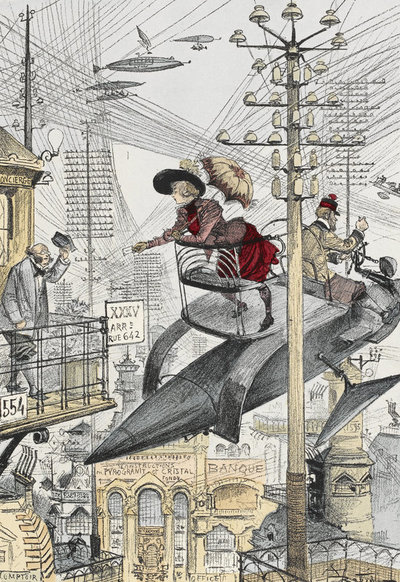

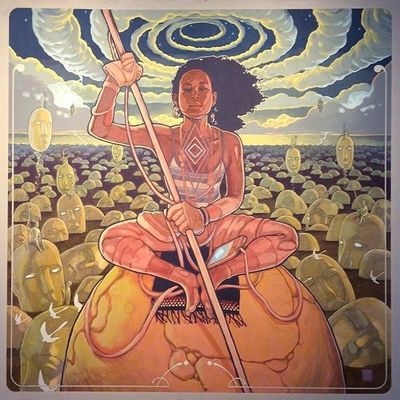
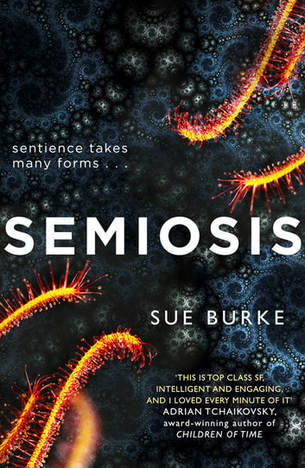
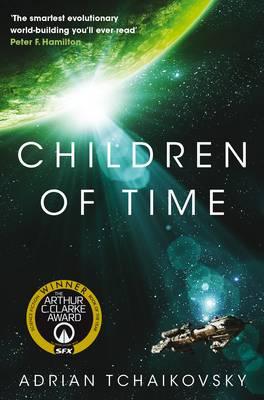
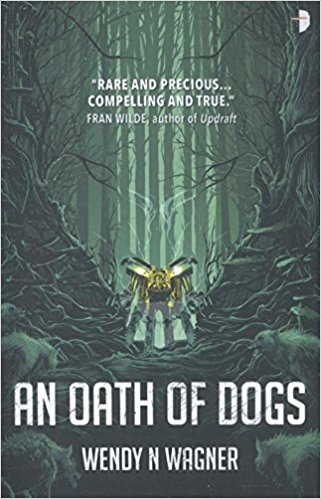

 RSS Feed
RSS Feed
